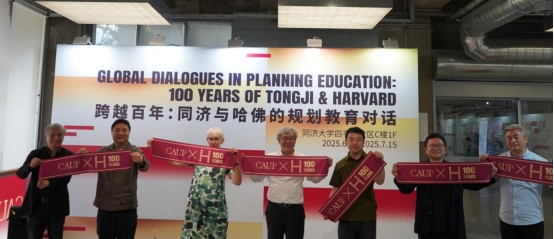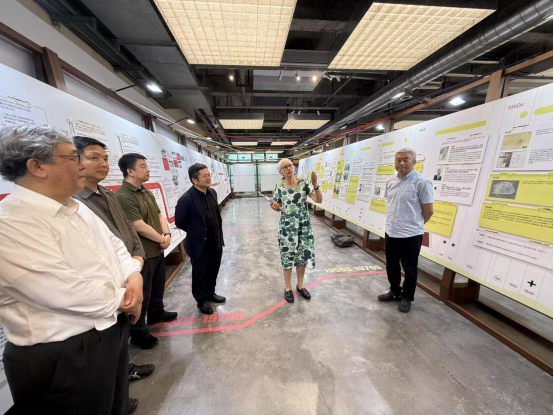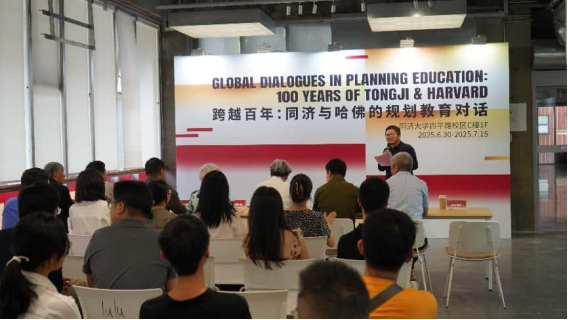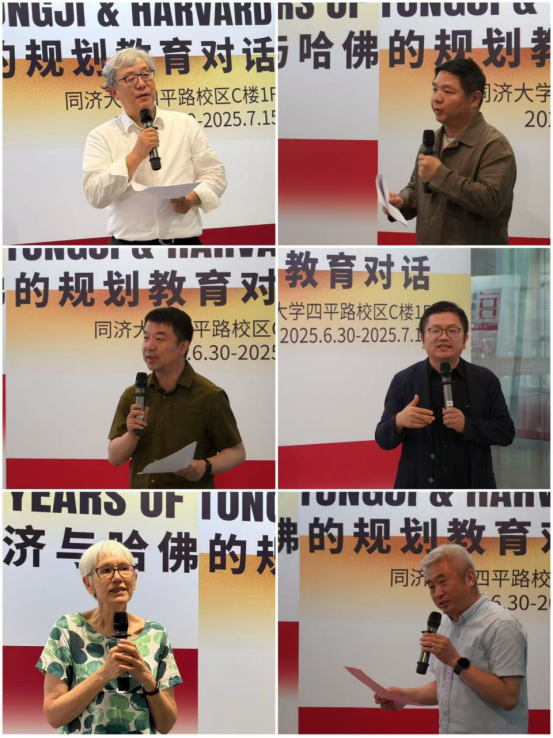
SHANGHAI, June 30, 2025 – Tongji University and Harvard Graduate School of Design (GSD) launched a landmark exhibition today, “Global Dialogues in Planning Education: 100 Years of Tongji & Harvard,” at Tongji’s College of Architecture and Urban Planning. The event marks the first systematic retrospective of a century-long educational partnership between two powerhouses in urban innovation.

Curated across three thematic zones—“Centennial Steps,” “Antipodal Reflections,” and “Pathways Through Knowledge”—the exhibition traces parallel trajectories from Tongji’s 1922 adoption of Germany’s Städtebau curriculum to Harvard GSD’s 20th-century shift toward public policy-driven design. Highlights include a dual timeline juxtaposing milestones like Tongji founding China’s first urban planning program in 1952 and Harvard’s 1960s interdisciplinary pivot, alongside a rope installation symbolizing intellectual cross-pollination.

Academician Wu Zhiqiang, chair of the exhibition committee, emphasized that planning education shapes the thought DNA of future cities, quoting German urbanist Joseph Stübben: A city’s future begins in the classroom. Harvard’s Ann Forsyth highlighted the urgency of transnational cooperation amid climate crises, while Tongji Vice President Li Xiangning called for expanded collaboration in urban regeneration and smart infrastructure.

By framing urban planning as both a technical discipline and a cultural dialogue, the exhibition redefines education as a catalyst for sustainable development. Through daily workshops and open forums until July 12, it invites global scholars, practitioners, and the public to co-create visions for equitable, resilient cities—proving that when institutions transcend silos, the future of urbanism knows no borders.

 ABOUT US
ABOUT US




